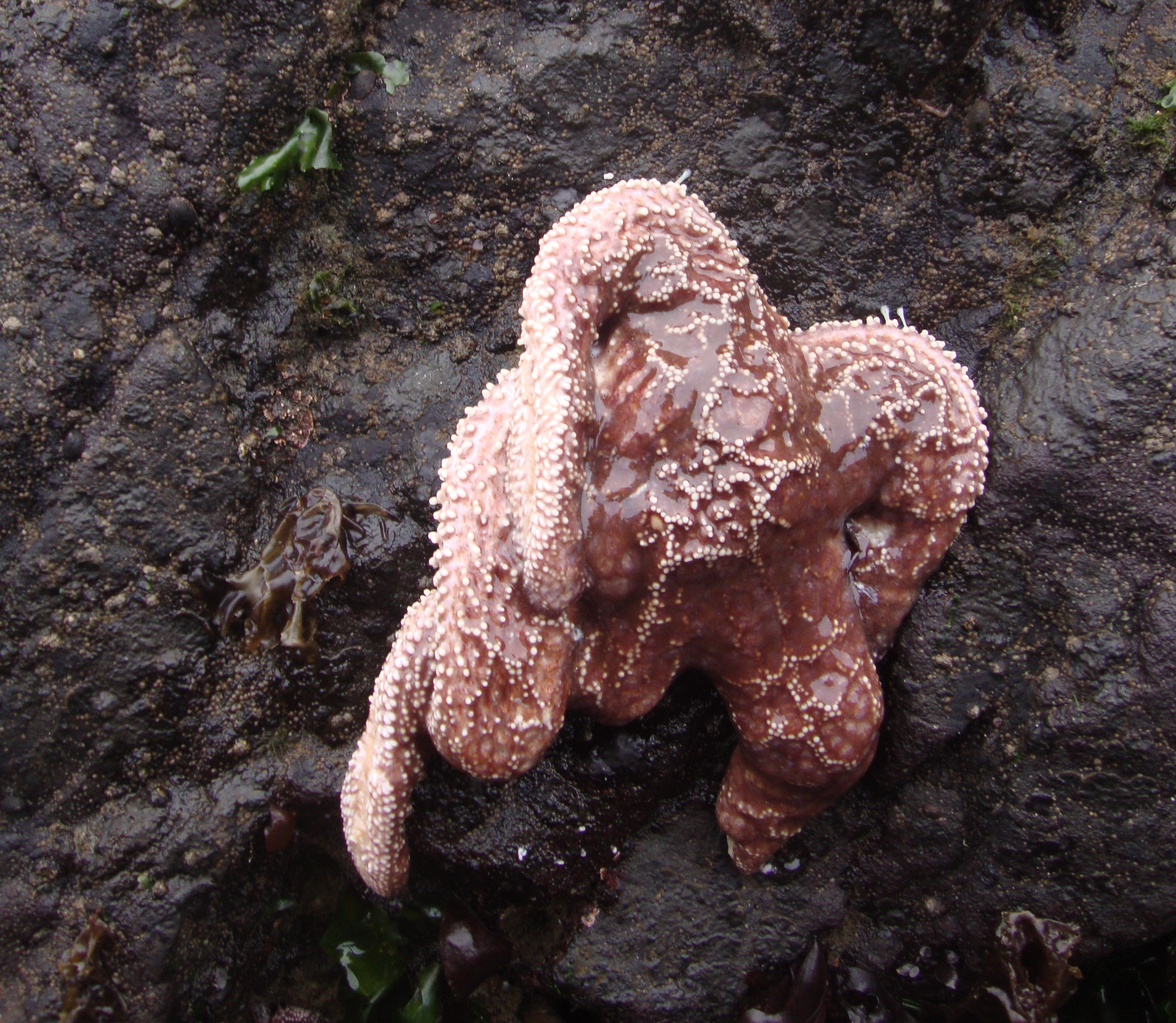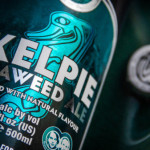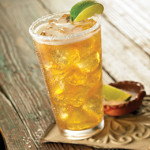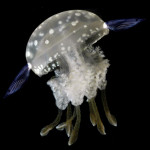
We have ALL had one of THOSE nights. The epic evenings characterized by fun and debauchery, a handful of good friends, and more than enough Kraken Rum to go around.
However, in the midst of squid shots and shanties, every once in a while these matters can get a little too crazy. One might find themselves self sliding down the very slippery slope from an easily manageable “Wasted” to the unrecoverable “Sea Star Wasted”.
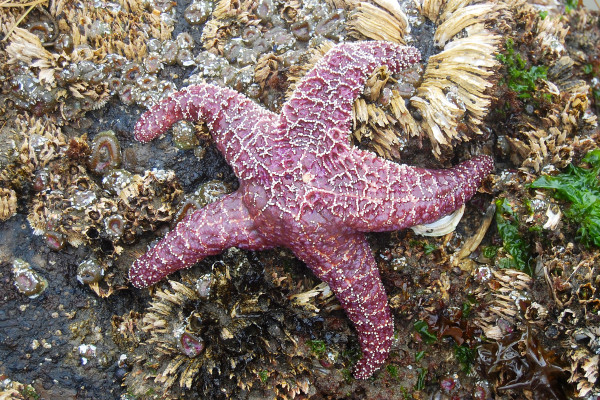
Take for instance, the star of every tide pool party, Pisaster ochraceus. One moment they are dancing on intertidal benches and waving their tube feet in the air to Beyoncé and JT and the next minute, they are so far gone…they are literally melting off the rocks. That my friends ….is how you get Sea Star Wasted.
From this…
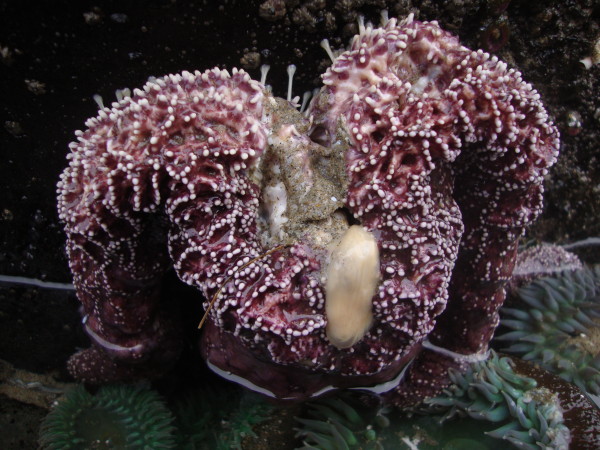
to this….
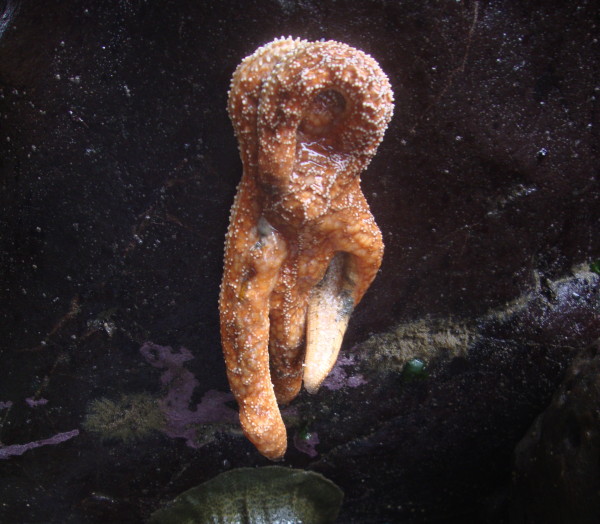
to this.
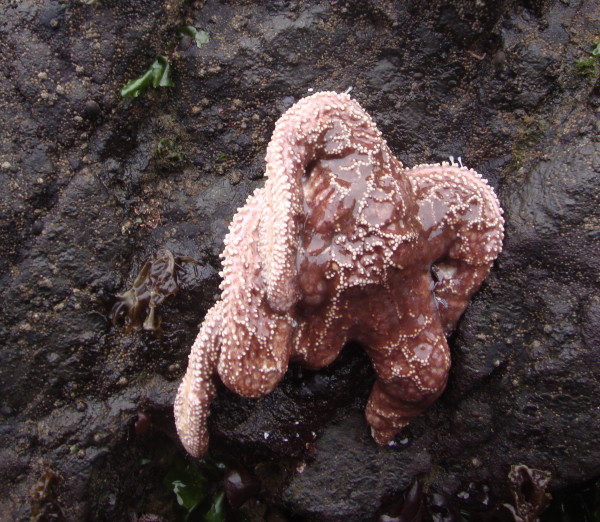
Some echinoderms just don’t know how to hold their –OH groups.
All jokes aside, Sea Star Wasting Syndrome (SSWS) is a real epidemic that has spread throughout many sea star species (most noteably P. ochraceus) on the Pacific Coast of the United States. In fact, this is one of the most extensive disease outbreaks ever documented in a marine species. Recently, researchers believe they might have pinpointed the cause of SSWS to a densovirus (SSaDV), however much work is still needed to fully understand this rampant illness.
Luckily, getting in on the front lines of research and helping out our mussel eating friends has never been easier. You too can get Sea Star Wasted! For Science!
![image[2]](https://www.deepseanews.com/wp-content/uploads/2015/03/image2-600x334.png)
Thanks to Rogue Brewery (plug for free beer) and the amazing scientists of Dr. Bruce Menge’s lab at Oregon State University, “Wasted Sea Star” Brew is coming to a fridge near you! The pale ale is made with purple corn nectar giving it a slight purple hue with sweet notes up front and a smooth hoppy finish. Soon to be available online and at the Newport Brewery.
I recently caught up with PhD student and beer+science mastermind, Jenna Sullivan, to talk about how this magical potion for the ocean came to be.
Sullivan divulged, “My boyfriend’s parents visited town from Indiana, so naturally we took them to the coast. While we were there we went to Rogue brewery for lunch and I told them the most recent developments in our research. We thought it would be really cool if Rogue developed a “wasted sea star” brew, and I knew that Rogue had done fundraising work for scientific causes before (eg their Monk Seal Ale, where proceeds benefit the Waikiki Aquarium’s work with those endangered seals). I sent them an email pitching the idea and they liked it! They brewed a purple pale ale, which is perfect since Pisaster ochraceus in Oregon are often bright purple. This collaboration is really exciting– along with much-needed funding to help us in our endeavors to better understand the disease and its consequences, the beer brings a lot of attention to our research and to ocean science in general. Rogue’s main brewery is in Newport right on the coast, so they understand the incredible importance of the ocean to people’s lives. Their beer will give the public a good chance to learn more about marine ecosystems and to feel like they are making a difference, while also enjoying a tasty beer! I am totally in favor of this type of collaboration to advance and support research and to engage the public in cool science!”
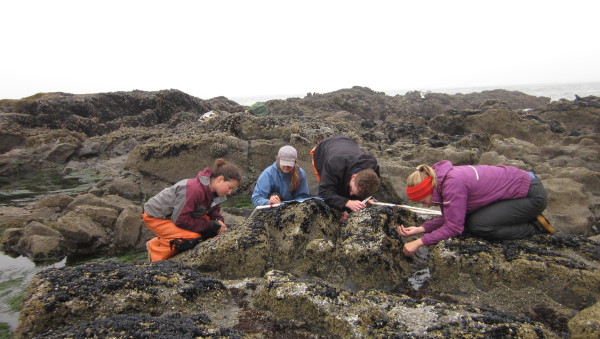
The brew is dedicated to Dr. Bruce Menge and his students with a portion of all proceeds being dedicated to the Partnership for Interdisciplinary Studies of Coastal Oceans (PISCO). These funds will be used to support research like Jenna’s where she is studying how the loss of Pisaster ochraceus will affect the ecological roles of lower predators and their prey populations (mussels, barnacles) using field experiments and surveys. She is also working to assess the roles of temperature and ocean acidification in disease outbreak and progression. Experiments such as these will inform us on how global changes are potentially exacerbating this epidemic.
![image_thumb[2]](https://www.deepseanews.com/wp-content/uploads/2015/03/image_thumb2.png)
If you would like to engage in this research further, beyond drinking cases and cases of Wasted Sea Star Pale Ale (which you can obviously do), visit www.seastarwasting.org to learn more. The Menge Lab is particularly interested in people who visit the coast to be on the lookout for juvenile sea stars and to report their observations online – they are trying to evaluate the potential for recovery of sea star populations, so understanding what’s going on with the baby sea stars is key!
SUPPORT SCIENCE! DRINK MOAR BEER!

